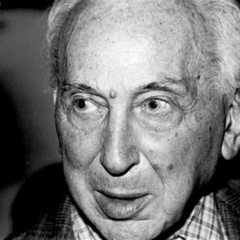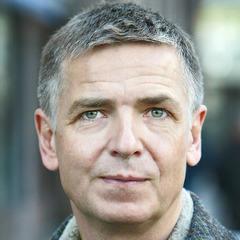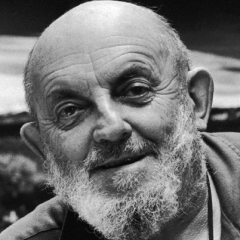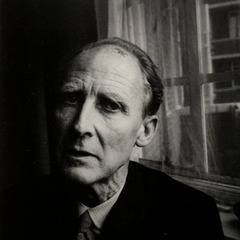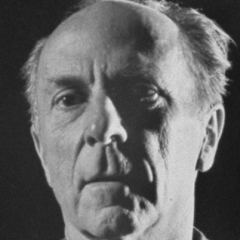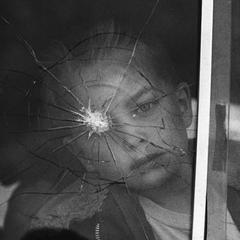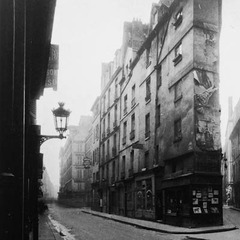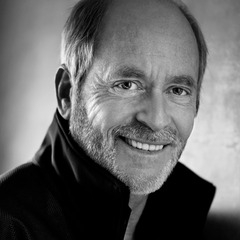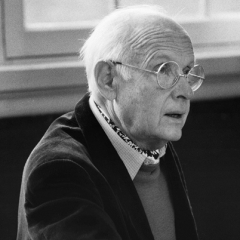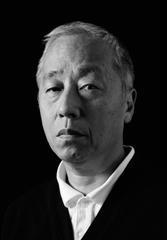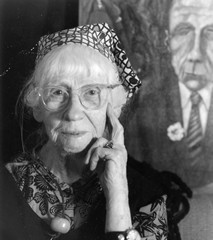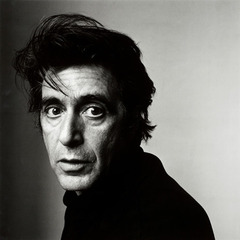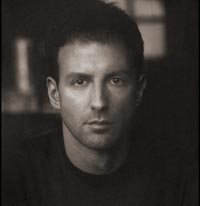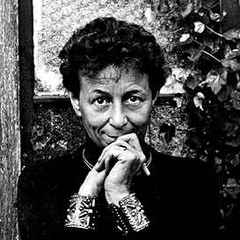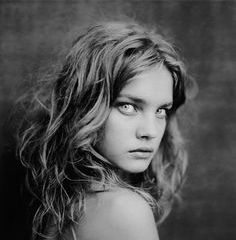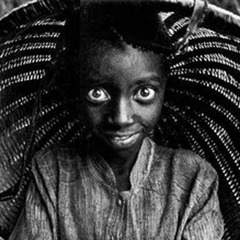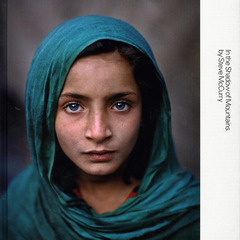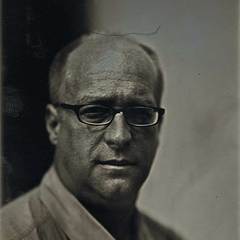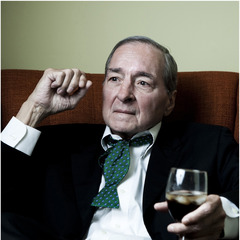Michael Kenna quotes
-
“Nothing is ever the same twice because everything is always gone forever, and yet each moment has infinite photographic possibilities.”
-- Michael Kenna -
“I often think of my work as visual haiku. It is an attempt to evoke and suggest through as few elements as possible rather than to describe with tremendous detail.”
-- Michael Kenna -
“In my photographic work I’m generally attracted to places that contain memories, history, atmospheres and stories. I’m interested in the places where people have lived, worked and played. I look for traces of the past, visual fingerprints, evidence of activities - they fire my imagination and connect into my own personal experiences. Using the analogy of the theater, I would say that I like to photograph the empty stage, before or after the performance, even in between acts. I love the atmosphere of anticipation, the feeling in the air that events have happened, or will happen soon…”
-- Michael Kenna -
“Getting photographs is not the most important thing. For me it's the act of photographing. It's enlightening, therapeutic and satisfying, because the very process forces me to connect with the world. When you make four-hour exposures in the middle of the night, you inevitably slow down and begin to observe and appreciate more what's going on around you. In our fast-paced, modern world, it's a luxury to be able to watch the stars move across the sky.”
-- Michael Kenna -
-
“I gravitate towards places where humans have been and are no more, to the edge of man's influence, where the elements are taking over or covering man's traces.”
-- Michael Kenna -
“Sometimes the most interesting visual phenomena occur when you least expect it. Other times, you think youre getting something amazing and the photographs turn out to be boring and predictable. So I think thats why, a long time ago, I consciously tried to let go of artists angst, and instead just hope for the best and enjoy it. I love the journey as much as the destination. If I wasnt a photographer, Id still be a traveler.”
-- Michael Kenna -
“It's possible to think of photography as an act of editing, a matter of where you put your rectangle pull it out or take it away. Sometimes people ask me about films, cameras and development times in order to find out how to do landscape photography. The first thing I do in landscape photography is go out there and talk to the land - form a relationship, ask permission, it's not about going out there like some paparazzi with a Leica and snapping a few pictures, before running off to print them.”
-- Michael Kenna -
“The first time, I usually skim off the outer layer and end up with photographs that are fairly obvious. The second time, I have to look a little deeper. The images get more interesting. The third time it is even more challenging and on each subsequent occasion, the images should get stronger, but it takes more effort to get them.”
-- Michael Kenna -
-
“I find that when one has worked long enough, technical know-how becomes almost irrelevant. In photography, it's not difficult to reach a technical level where you don't need to think about the technique any more. I think there is far too much literature and far too much emphasis upon the techniques of photography. The make of camera and type of film we happen to use has little bearing on the results.”
-- Michael Kenna -
“Parks and gardens are the quintessential intimate landscapes. People use them all the time, leaving their energy and memories behind. It's what's left behind that I like to photograph.”
-- Michael Kenna -
“Perhaps most intriguing of all is that it is possible to photograph what is impossible for the human eye to see - cumulative time.”
-- Michael Kenna -
“I do have strong convictions and political opinions, but I don't think it's necessary to imbue my photographic work with them. I use photography as a vessel for visual material to flow through, to encourage conversation with the viewer. I try to present a catalyst and invite viewers to tell their own stories.”
-- Michael Kenna -
-
“The photographer Ruth Bernhard used to tell me that this is like asking somebody how they evolved their signature. It is not something I've ever worked on consciously. I think style is just the end result of personal experience. It would be problematic for me to photograph in another style. I'm drawn to places and subject matter that have personal connections for me and I photograph in a way that seems right. Where does it all come from, who knows?”
-- Michael Kenna
You may also like:
-
Andre Kertesz
Photographer -
Andreas Gursky
Photographer -
Ansel Adams
Photographer -
Bill Brandt
Photographer -
Edward Weston
Photographer -
Elliott Erwitt
Photographer -
Eugene Atget
Photographer -
Greg Gorman
Photographer -
Henri Cartier-Bresson
Photographer -
Henry Adams
Historian -
Hiroshi Sugimoto
Photographer -
Imogen Cunningham
Photographer -
Irving Penn
Photographer -
Nick Brandt
Photographer -
Ruth Bernhard
Photographer -
Sally Mann
Photographer -
Sebastiao Salgado
Photographer -
Steve McCurry
Photojournalist -
Todd Hido
Artist -
William Eggleston
Photographer
